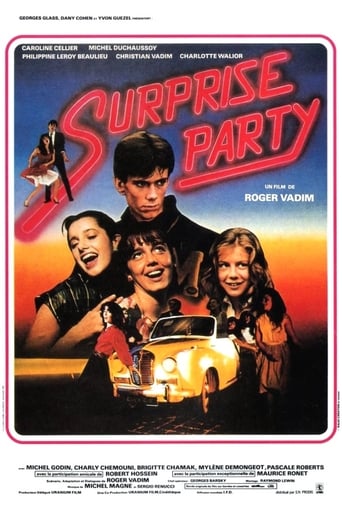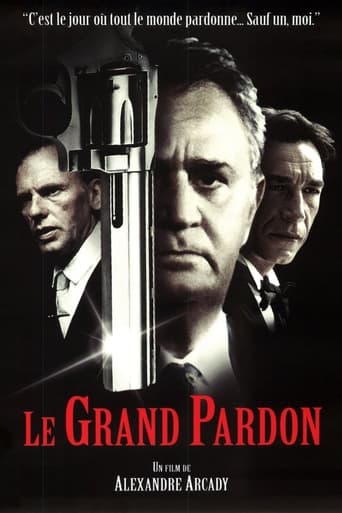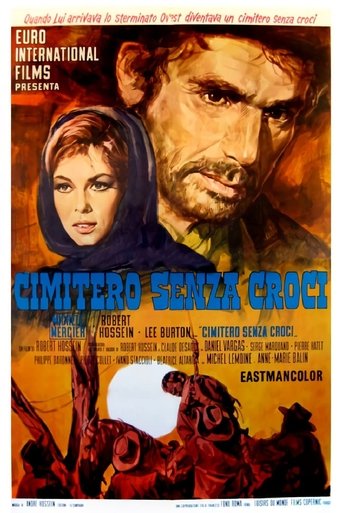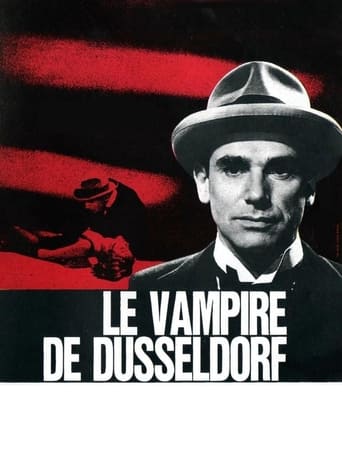Robert Hossein, mest känd som skådespelare, född 1927-12-30 i Paris, Frankrike, dog 2020-12-31 (blev 93 år).
Vi listar 6 filmer och tv-serier som han har medverkat/deltagit i - se via streaming och play.
Skådespelare
| År | Titel | Roll |
|---|---|---|
| 1983 | Surprise Party | André Auerbach |
| 1982 | Le grand pardon | Manuel Carreras |
| 1972 | Ett mord är ett mord är ett mord ... | Jean Carouse |
| 1969 | Ett rep och en Colt | Manuel |
| 1966 | Den andra sanningen | Pierre Montaud, the Advocate |
| 1965 | Le vampire de Düsseldorf | Peter Kuerten |
Regissör
| År | Titel |
|---|---|
| 1969 | Ett rep och en Colt |
| 1965 | Le vampire de Düsseldorf |
Titlar
Bio
Robert Hossein was a French film actor of Parsi origin, director and writer. He directed the 1982 adaption of Les Misérables, and appeared in Vice and Virtue, Le Casse, Les Uns et les Autres and Venus Beauty Institute. His most recent roles include starring as Michèle Mercier's husband in the Angélique series and as a Catholic priest who falls in love with Claude Jade and becomes a communist in Prêtres interdits (Forbidden Priests) in 1973. Hossein started directing films in 1956 with Les salauds vont en enfer from a story by Frédéric Dard whose novels and plays went on to furnish Hossein with much of his later film material. Right from the start Hossein established his characteristic trademarks: using a seemingly straightforward suspense plot and subverting its conventions (sometimes to the extent of a complete disregard of the traditional demand for a final twist or revelation) in order to concentrate on ritualistic relationships. This is the director's running preoccupation which is always stressed in his films by an extraordinary command of film space and often striking frame compositions where the geometry of human figures and set design is used to accentuate the psychological set-up of the scene. The mechanisms of guilt and the way it destroys relationships is another recurring theme, presumably influenced by Hossein's lifelong interest in the works of Dostoyevski. Although Hossein had some modest international successes with films like Toi, le venin and Le vampire de Dusseldorf, he was much singled out for scorching criticism by the critics and followers of the New Wave for the unashamedly melodramatic frameworks of his films. The fact that he was essentially an auteur director with a consistent set of themes and an extraordinary mastery of original and unusual approaches to staging his stories, was never appreciated. He was not averse to trying his hand at widely different genres and was never defeated, making the strikingly different spaghetti western Une corde, un Colt and the low-budgeted but daring...





